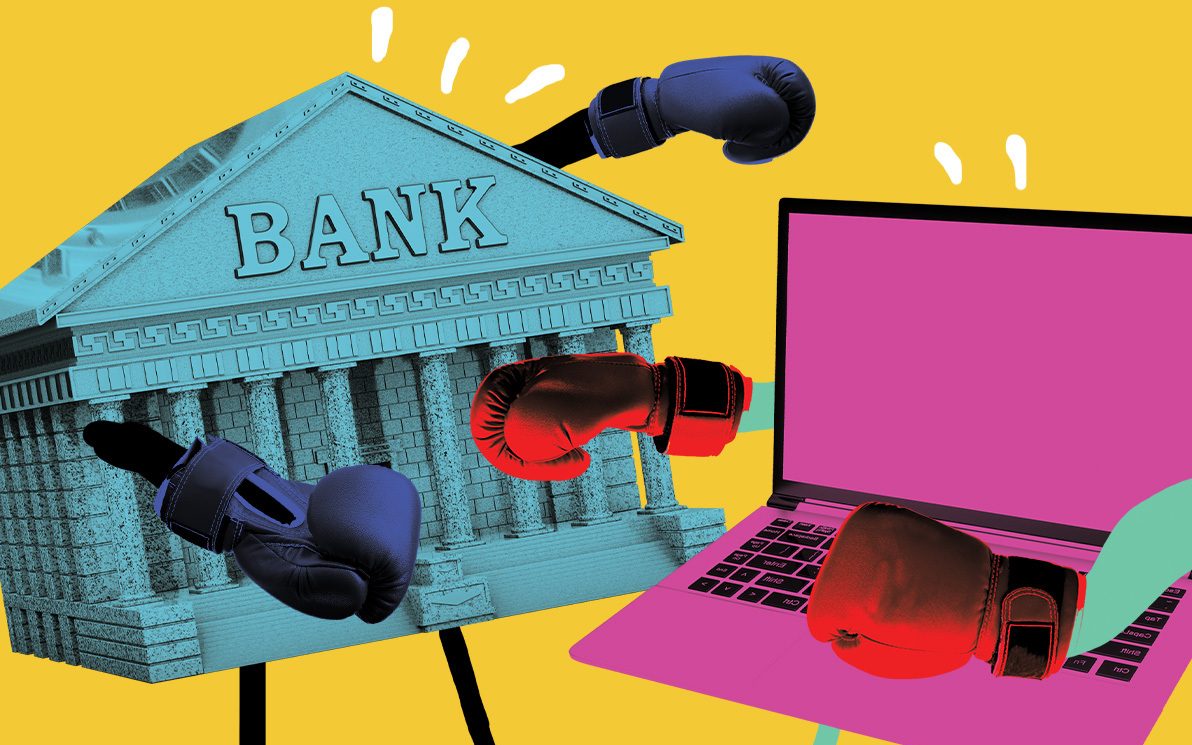European banking executives said the rise of artificial intelligence will increase banks’ dependence on huge U.S. tech businesses, posing new risks
Since the debut of OpenAI’s viral chatbot ChatGPT in late 2022, there has been a significant increase in the excitement surrounding the use of artificial intelligence (AI) in financial services.
This technology is already widely used to detect fraud and money laundering. Banks are currently exploring methods to implement generative AI.
Nevertheless, at a recent meeting of fintech executives in Amsterdam, some individuals expressed apprehension that the computational power required to develop AI capabilities would further entrench banks’ dependence on a limited number of technology providers.
Bahadir Yilmaz, the chief analytics officer of ING, which is responsible for the Dutch bank’s AI initiatives, informed Reuters that he anticipates that the bank will increasingly depend on Big Tech companies for infrastructure and apparatus in the future.

“You will always require them, as the machine power required for these technologies is occasionally substantial.” “It is also not feasible for a bank to develop this technology,” he added.
ING’s Yilmaz emphasized that European banks, in particular, needed to ensure they could move between different tech providers and avoid what he called “vendor lock-in,” as their dependency on a small number of tech companies was “one of the biggest risks.”
Britain proposed regulations last year to regulate the significant dependence of financial firms on external technology companies, including IBM, Google, Microsoft, and Amazon.
Regulators are concerned that issues could disrupt the services of numerous financial institutions at a single cloud computing company.
“AI necessitates an immense amount of computing power, and the sole viable method of obtaining this power is through the use of Big Tech,” stated Joanne Hannaford, the technology strategy director at Deutsche Bank, during the Money20/20 conference earlier this week.
At the Amsterdam conference, artificial intelligence was the number one topic.
The CEO of Mistral AI, a French AI startup that is considered to be France’s response to OpenAI, informed attendees that it has identified “synergies” between its GenAI products and financial services.
“We see a lot of opportunities in creating analysis and monitoring information, which bankers like to do,” according to Arthur Mensch.
ING is currently conducting a test of an AI chatbot, which is currently utilized for 2.5% of incoming customer service chats.
Yilmaz responded that the chatbot would be capable of managing 50% or more of customer service conversations within a year when asked how long it would take.
The European Union’s securities overseer issued its inaugural statement on AI last week, asserting that banks and investment firms are legally obligated to safeguard customers and cannot avoid boardroom accountability when employing AI.
It cautioned that the technology is likely to have a substantial impact on the protection of retail investors.



